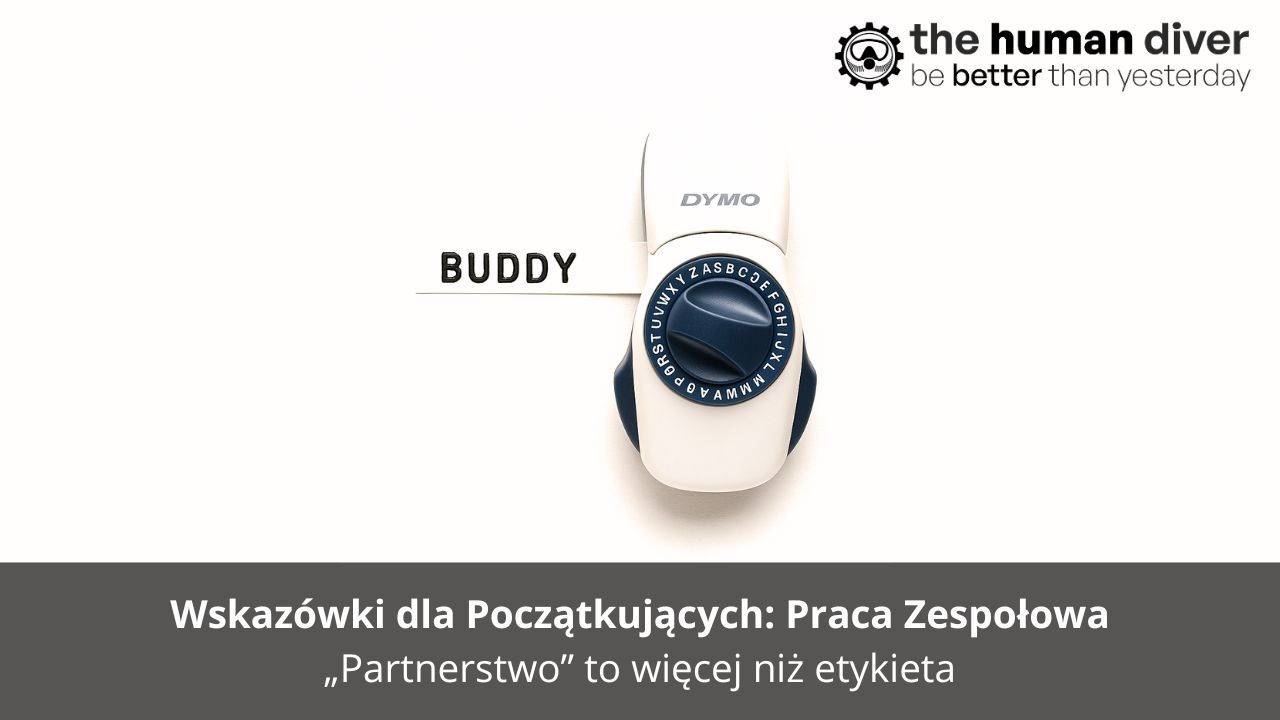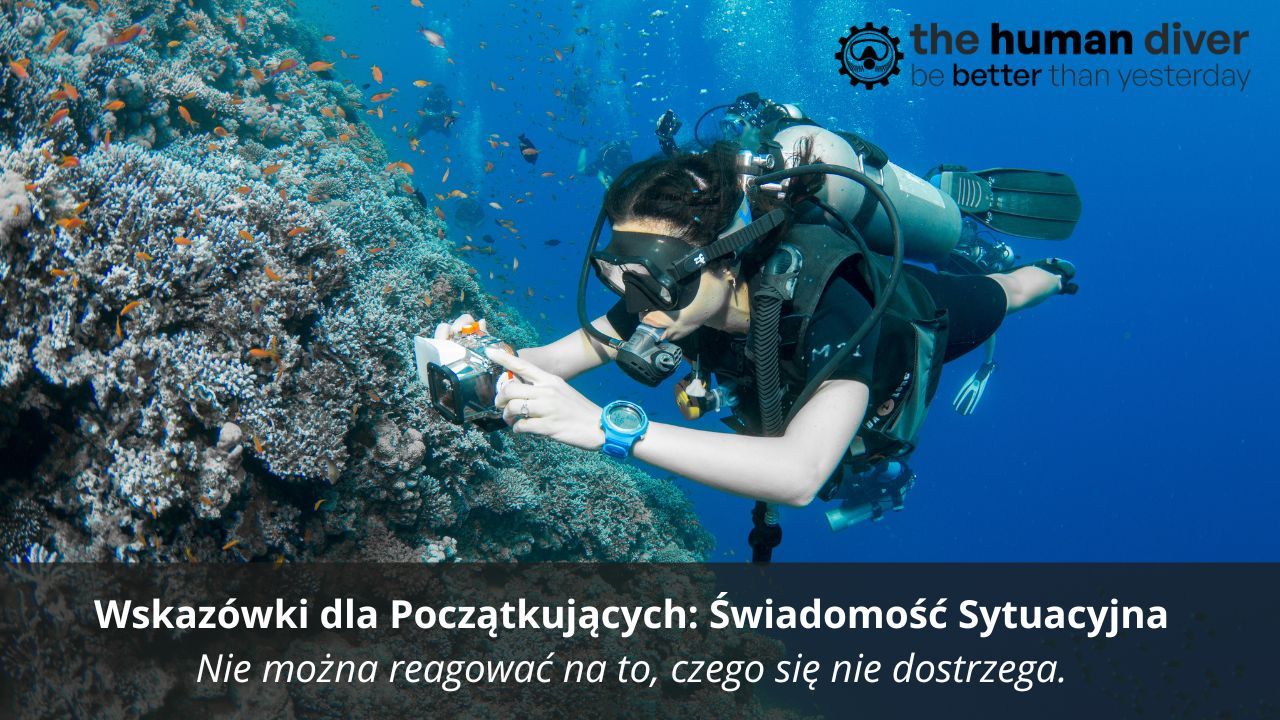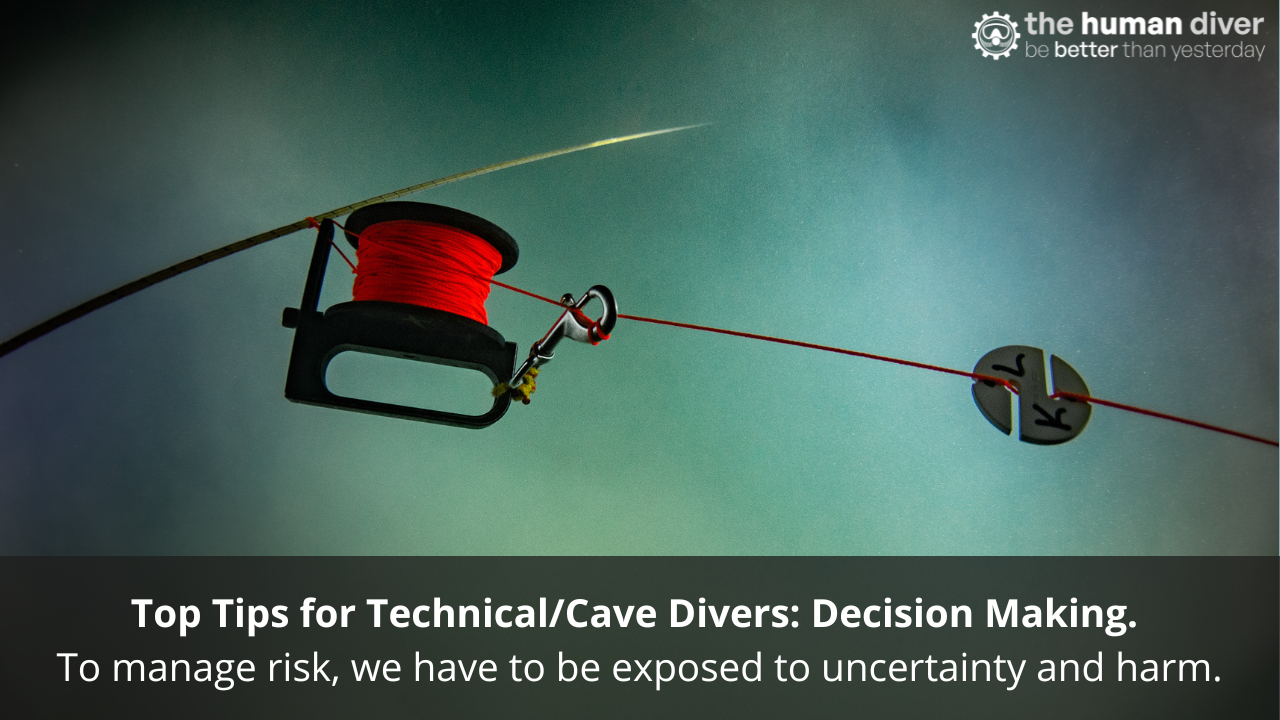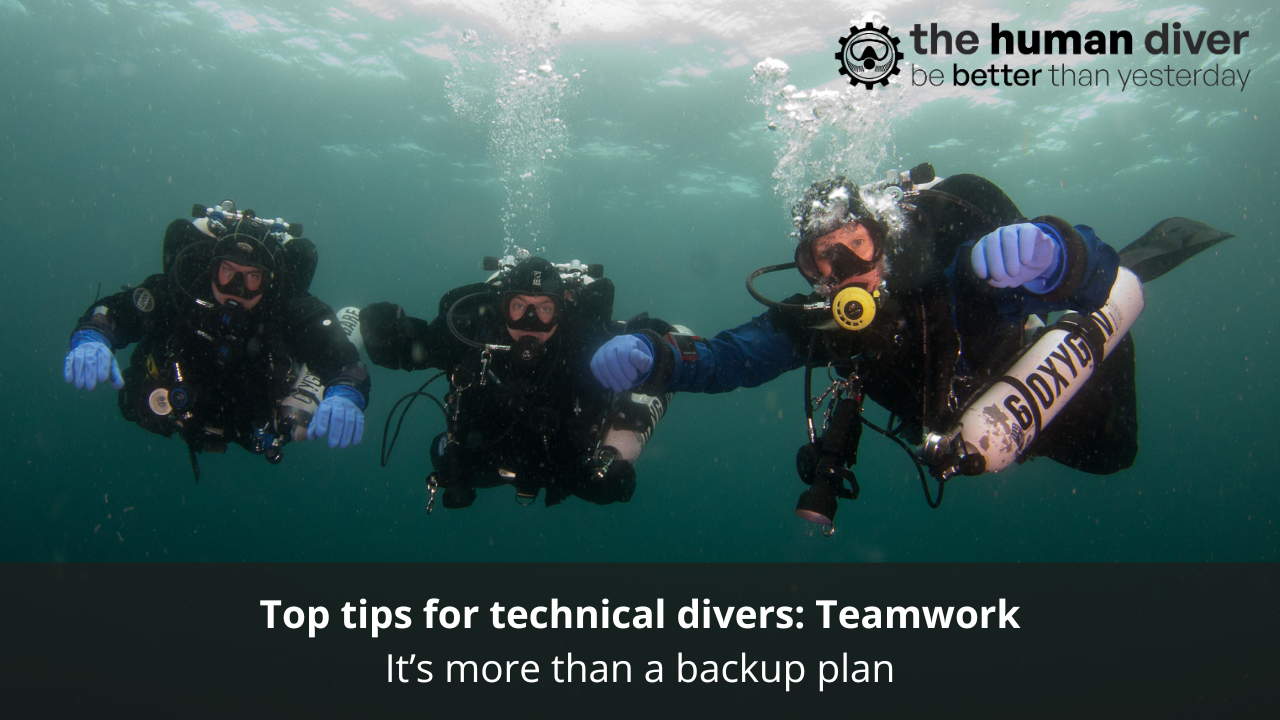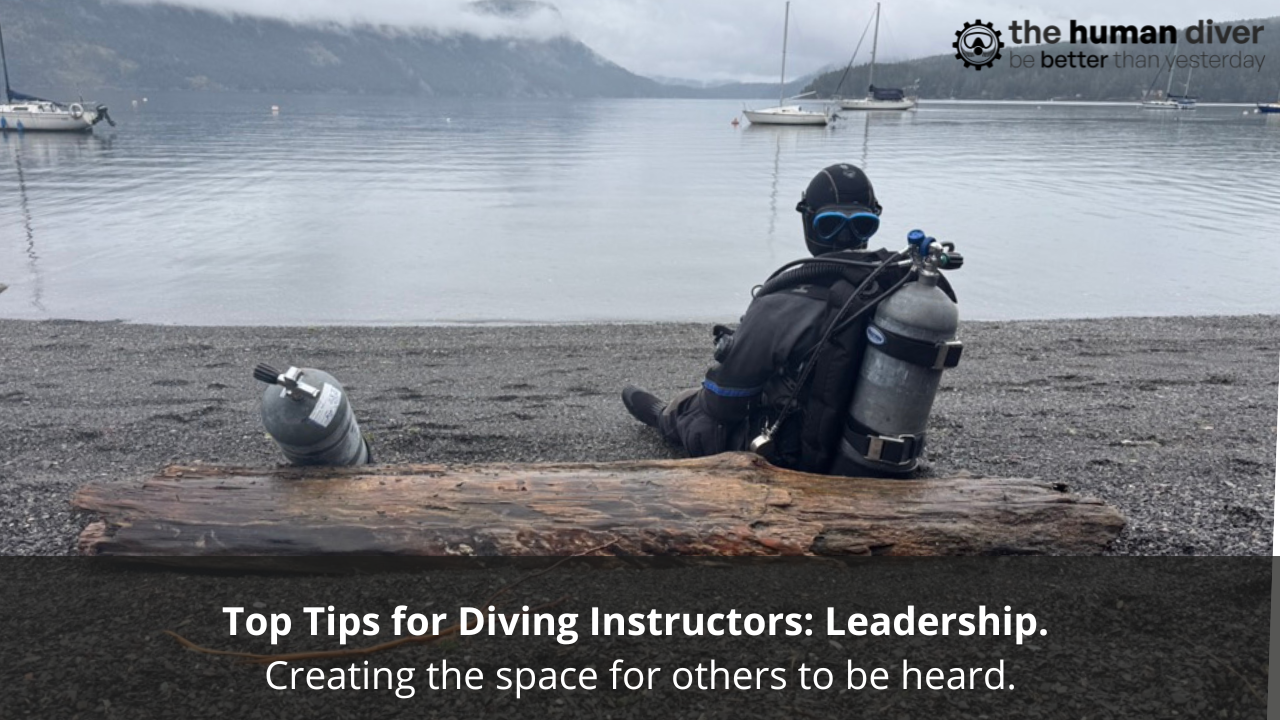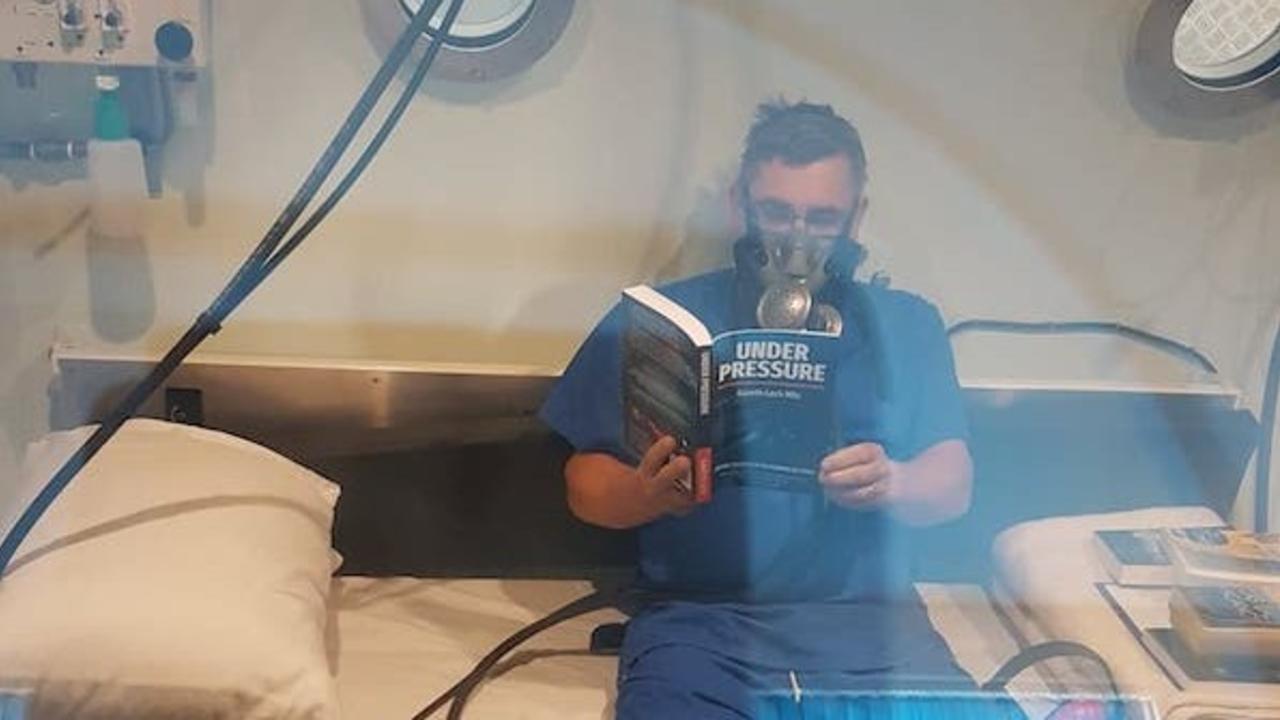
The Bend is Uninteresting...The Related Decisions Are Much More So
Jun 21, 2019It was 04:00 and I woke up with a dull pain in my left forearm and pins and needles in my left hand. Bugger!
The Dives
That day I had completed two dives, the first to max depth 44m with an average depth of 38m for 27 mins and completed 31 mins of deco using 50%. The second was to a max of 26m, average 23m for 43m and a min deco ascent with deco clearing at 6m. Surface interval was 3 hours. An uneventful pair of dives from a decompression point of view. The previous day (Tuesday) I had not dived, the day before that (Monday) I only did 50 mins at an average of 21m with 10 mins on 100% O2 at 6m.
For those who are looking for a reason as to my bend, sorry, I don't have one and to be honest, the mechanism and causality for the bend is uninteresting to me in this particular case. Neither of the hyperbaric doctors here in Stromness could explain it either.
Rather, this blog is more about the decision-making processes that happened after I woke up because I believe that most divers go through the same processes and this needs to be discussed as it has an impact on the efficacy of hyperbaric treatment and there is still a stigma associated with having a DCS event that needs to be changed.
Waking Up
So there I was, awake at 04:00 thinking that I should do something about this. I wondered about the profiles we had dived. Thinking that there must have been something there, something that would be picked up by the diving community as being substandard. I wasn't that bothered about missing the wreck diving here this week, even though it was the centenary of the scuttling of the German High Seas Fleet in Scapa Flow.
Following lots of internal monologue, tossing and turning, I got up at 04:45 and took 600mg of Ibuprofen as I thought that might dull the pain and then I could go back to sleep, I’d then call the chamber in the morning as 04:45 is a pretty unsocial time to call the docs out! As I took the tablets out of the foil pack, I noticed that the pins and needles were very noticeable in my thumb and fingers (except my pinkie finger). Yeah, I am not really bent...
At 05:15 I made the decision to get out of bed and dressed. I had decided that I was going to call the chamber and would do it while walking to the hyperbaric chamber here in Stromness, which is about a 5-10 mins walk from where the boat was moored up.
Treatment
I called the 24hr medical helpline and was put through to the on-call diving doctor who said he would meet me at the surgery - this is about halfway between the boat and the chamber. When I arrived, we started the assessments which culminated in 'power' or strength tests to compare my left and right hands. Three specific tests identified that there was an asymmetry between the left and right hands and having ruled out other potential contributory factors, we decided that DCS was the most likely cause and we drove up to the chamber. I let the Skipper know that I wasn't going to be at the dive brief and what was happening. However, I omitted to let the team know, partly I think because I was embarrassed as we had already had one diver taken to the pot earlier in the week for another 'undeserved' hit, a skin bend this time.
The treatment team were called in and I went into the chamber shortly after 07:00. I came out at 11:50 having been to 18m on 100% O2 and followed the standard Table 6 profile below. I was told the BIBS masks wouldn’t be comfortable, this wasn't an issue for me because I had used similar military aviation oxygen masks plenty of times during my flying career in the RAF.

During both the first and second air breaks the 'power' tests were conducted by the tender. During the first break, there was a slight improvement from the surface test but during the second, the improvement was very much marked and it was decided we would continue with a standard T6 rather than an extended version.
After 4 hrs 45mins, I emerged from the chamber with my hand all working well and no pins and needles present.
The Decision Making and Biases Present in my Behaviour
"There is almost no human action or decision that cannot be made to look flawed and less sensible in the misleading light of hindsight. It is essential that the critic should keep himself constantly aware of the fact” - Hidden QC. Clapham Junction enquiry
After the event, it is so much easier to join the dots, links that appear obvious afterwards but are not seen during the activity.

Join the 9 dots with 4 and 3 lines respectively
The following will look at my decision-making and why my odd behaviour was predictably irrational. To start with, many of the 'risk-based' decisions we make are not real risks (quantifiable values) but rather uncertainties. There is an important difference, risks can be dealt with via logic, uncertainties are often dealt with by emotions, biases and heuristics (mental shortcuts) and as such might appear illogical in hindsight.
Lying in bed I knew something wasn't right. I was looking for reasons why it wasn't a bend or a way to delay the decision. Had I slept on my left hand and it was severe pins and needles? If I waited, would it go away?
The stigma associated with being bent is very real, even for someone, like me, who knows about the topic! I believe that taking the Ibuprofen at 04:45 was a way of me trying to find something to say it wasn't a bend or to delay me calling the chamber or reducing the step from 'All is OK' to 'Oh bugger, I have a bend' in the same way that PACE provides an escalation process to improve assertiveness.
I was also worried about whether someone would criticise the profile I had dived. The profile for a Tech 1 ratio deco dive (avg 39m, 30mins) would have meant around 20 mins of deco, but we had actually done 31 mins. IDeco gives 26 mins with a GF of 20/85. In reality, I had no reason to worry about that but the perception was there.
As I said above, I wasn't bothered about missing the diving. Yes, it would cost me in terms of money, but I know that is replaceable. What I think I was more worried about was reputation. How can someone who is relatively experienced and well trained get bent? Especially someone so focused on safety!
Ironically, it was this that turned me around. I strongly believe in the 'walk the talk' and if there is an issue, it needs to be raised. I have a relatively thick skin, however, it still took me 75 mins to come to the decision!
Something that I believe also influenced my slow decision-making process was that I was on my own in my cabin. Despite this week being the Scuttling week, our boat had a few spaces which meant that everyone had a cabin to themselves. If someone else had been in the cabin, I am sure the decision would have been made much sooner and made by the other person!
Trading One Guaranteed Small Loss Against A Potential Major Loss
In 1979, Daniel Kahneman and Amos Tversky published a paper on Prospect Theory which ultimately led to Kahneman winning the Nobel prize for Economics. Unfortunately, Tverksy had passed away and the prize is not awarded posthumously.
One of the concepts within this is that we prefer situations which have higher levels of certainty than uncertainty, even if the uncertain situation has the potential for a much greater loss. For example, in the case of a diver I know, missing six dives on a nine-dive trip because they were bent early on is a definite small loss, but if something really serious were to happen to them (e.g. quadriplegia) if they went diving without treatment it would be a major loss, even though the probability is less certain. Should the diver have gone diving, even if they took a day off? The likelihood variable is driven by your availability bias - if we don't know about such major negative outcomes occurring, we don't think they happen. Other examples of this include:
- why divers don't service their equipment when they should (costs money or lost time to go diving, compared to a potential equipment failure in the future),
- why divers are not as fit as they could/should be (loss of time/money now to get fit, compared to a potential cardiovascular issue in the future),
- why divers buy equipment to make up for technical and non-technical skills shortfall (investment in time and money is less for equipment than skills development compared to the likelihood of needing to use skills to solve problems).
This bias leads to normalisation of deviance where successes in the past despite drift from 'safe' procedures infer success in the future and the drift is further reinforced. The cost 'now' is the effort to go back to a baseline and to lose the 'efficiencies' which have been created, compared to the loss in the future when something might go wrong. You can read more about Prospect Theory in Kahneman’s Thinking. Fast and Slow and https://en.wikipedia.org/wiki/Prospect_theory
‘Professional Diver’ Decision-making
During the Facebook discussions which came about after I posted my account in The Human Diver Facebook group and via PMs, more information came to light of diving professionals who get bent but don't present to a chamber to get treated and even some who treat themselves with their own hyperbaric chambers. This under-reporting/non-reporting aligns with previous data I collected which showed that a large proportion of diving instructors who had suffered from DCS had not reported to a chamber.
I can see multiple reasons for this:
- The simplistic view that instructors who get bent are not good instructors. Ironically, you'd expect instructors, especially tech instructors, to get bent because of the exposures they have. This is no different to rugby players tearing muscles or breaking limbs.
- There is criticism levelled at divers & instructors who are quite happy with being ‘good enough’ but haven’t been given the tools, practice or knowledge to understand where their shortcomings are. Unfortunately, DCS provides that realisation when buoyancy control is not ‘good enough.
- If an instructor is treated in a chamber, they are potentially off work for 4 weeks which is lost revenue.
- Less scrupulous instructors can use the bend as evidence of incompetence by the bent instructor to promote their own diving business.
- Distancing through differencing is the tendency for people, following a major accident, to look for reasons why the same accident could not happen to them. They do this by highlighting how details specific to the accident are not present in their own environment. Essentially, they distance themselves from the accident by highlighting how different they are. A reductionist view is ‘only bad divers/instructors get bent and I am not an incompetent diver’.
- Insurance companies might take a negative view if an instructor declares that they have been bent.
Moving forward…
“All models are wrong, some are useful.” George Box
The decompression models we have are just approximations. They are ‘close enough’ because otherwise far more people would be getting bent. However, as they are only approximations, there will be outliers and they shouldn’t be taken as the norm.
- Those who can miss significant amounts of deco, even after very long decompression obligations have been accrued.
- Those who get bent even when well inside recognised profiles. Some of these are called ‘undeserved’. My own view is that every episode of DCS is deserved, we just don’t know what the particular factors were given the massive number of physiological and environmental factors involved, some (many?) of them we don’t even know about yet.
Consequently, to improve our availability bias, the industry and those in leadership positions within it, need to be more proactive in highlighting that diving contains numerous hazards and that no dive is safe. Safe is a relative concept as the definition of safe covers the absence of risk or harm. If a risk is acceptable (likelihood x outcome), then the activity is ‘safe’. Diving always has potential negative outcomes, including DCS and even DCS is variable in its outcome! ‘Safe’ also relates to social safety and the expectation that armchair quarterbacks are not going to pick up the metaphorical rocks and throw them at others because they have the ‘full picture’ including the outcome. As many of the readers will know, I am very passionate about developing a Just Culture and psychologically-safe environment where anyone in the industry can talk about their mistakes, errors and violations without fear of social punishment.
Diving is not a sport for all. As such, we need to prepare divers for when things do go wrong (and they will). We need to be able to predict, detect and trap errors and when that doesn’t work, we need to be able to fail safely. In my case, there was a chamber nearby and it was open, although I still felt guilty calling someone out at 05:30 in the morning!
Questions for you. How many of you carry travel/dive insurance but have no idea where the nearest chamber is when you are on the dive site? How many of you assume that you can get to a chamber quickly? Just because you have insurance, it doesn’t mean they can teleport you from your current location to the chamber!
Actions on you
The next time you end up making a decision which requires some internal monologue, once you have finished, reflect back on the thought process and the how and or why you came to the decision you did. It is thinking about thinking which helps improve future decision-making.
In the case of DCS, the anecdotal evidence I have is that the stigma associated with declaring you are bent is significant and we will try to find numerous reasons to convince ourselves that we are ok and as such, the bent diver is often the worse person to be involved in the decision-making process! Stigma is externally generated which means we can do something about it by actively recognising human fallibility and the variability of human physiology.
We must change attitudes towards learning and be curious, rather than be judgemental and punitive in nature. Create that Just Culture and a psychologically-safe environment so we can tell the context-rich stories and allow learning to happen.
Edit: Some of the readers have asked about whether this might be PFO-related. In 2009, I found out that I had a 8mm x 12mm PFO which was fixed with an Amplatzer device in Feb 2010. I will be arranging an appointment with the cardiologist for another test to see if it is still holding.
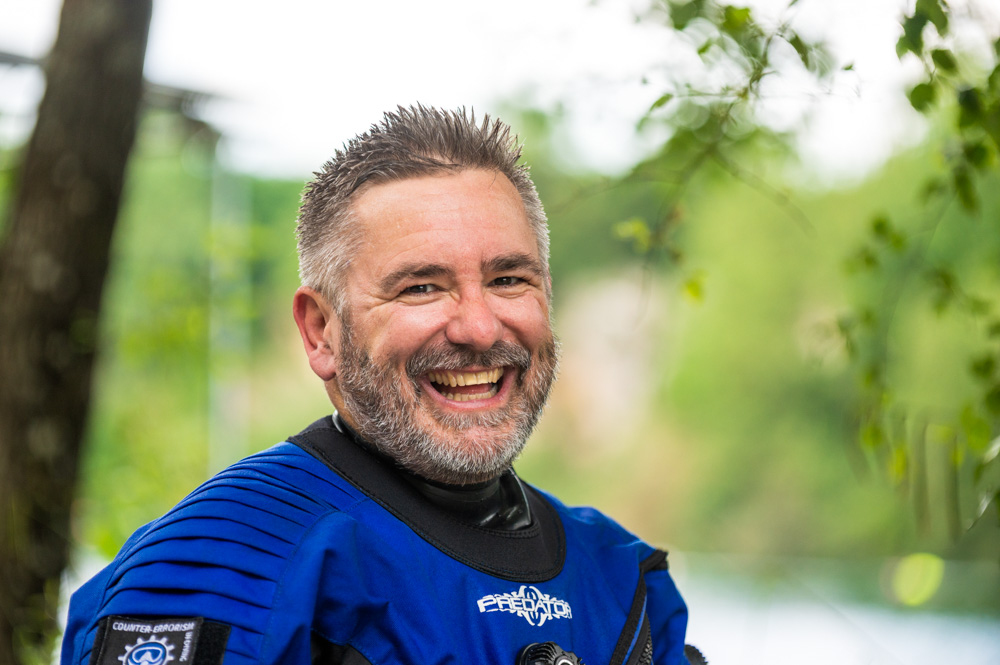
Gareth Lock is the owner of The Human Diver, a niche company focused on educating and developing divers, instructors and related teams to be high-performing. If you'd like to deepen your diving experience, consider taking the online introduction course which will change your attitude towards diving because safety is your perception, visit the website.
Want to learn more about this article or have questions? Contact us.

